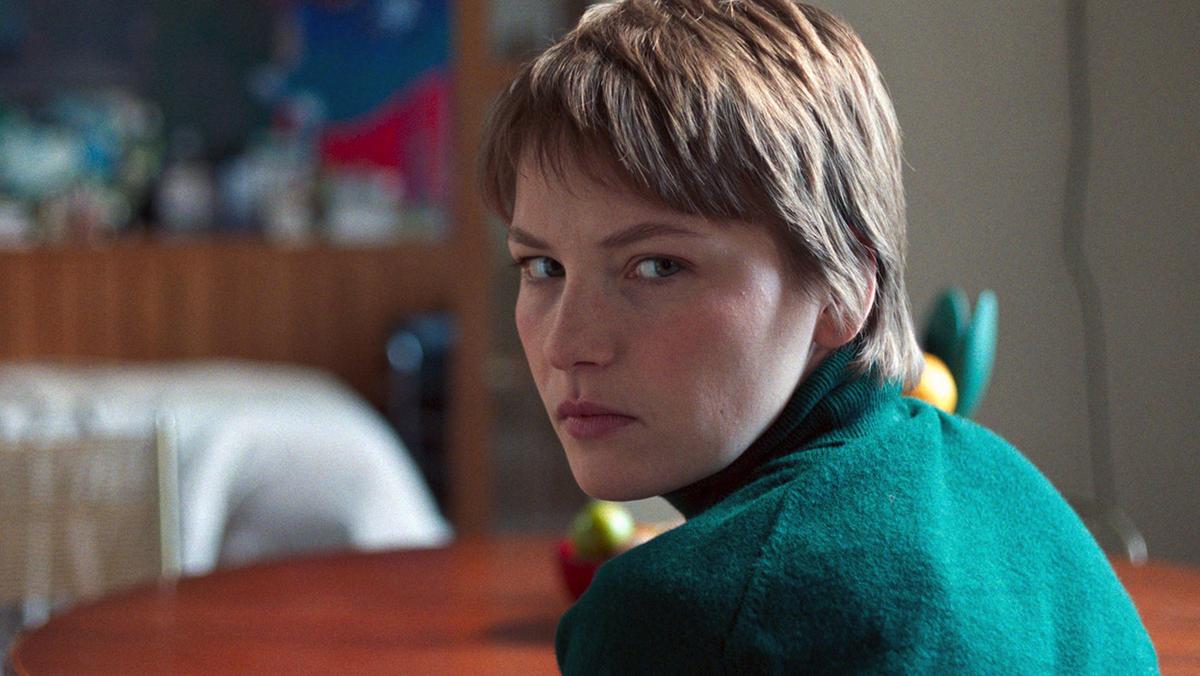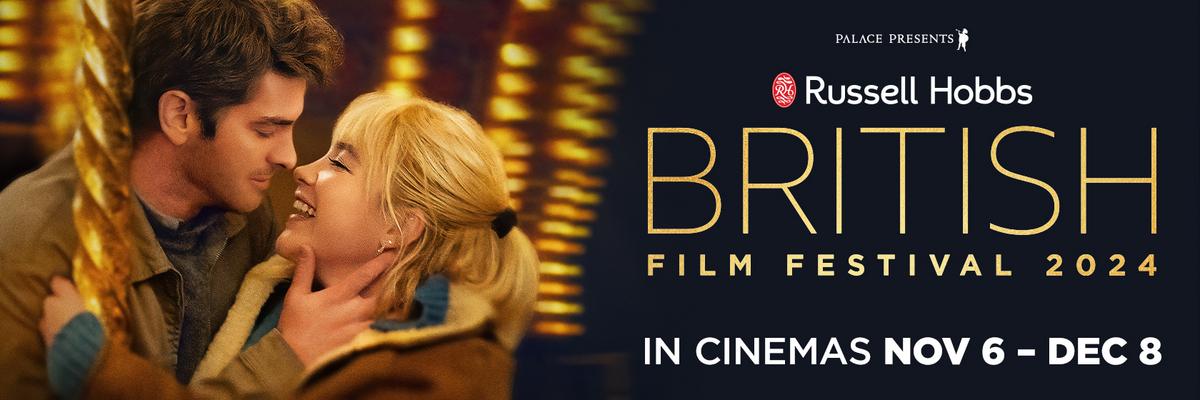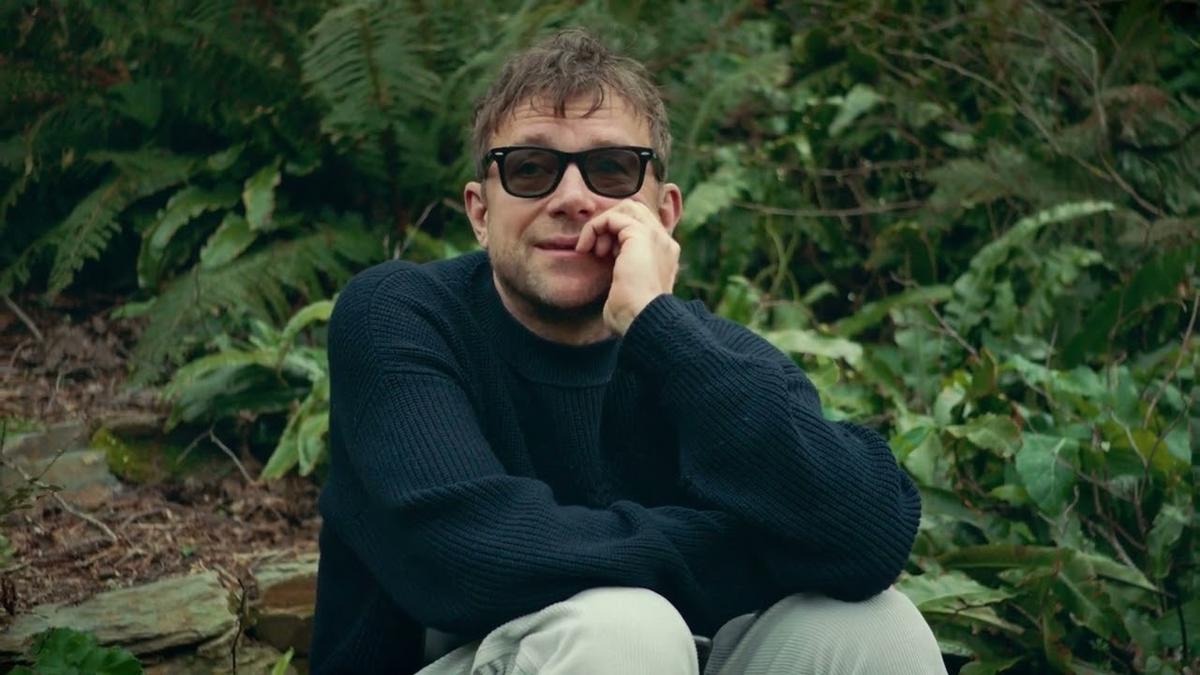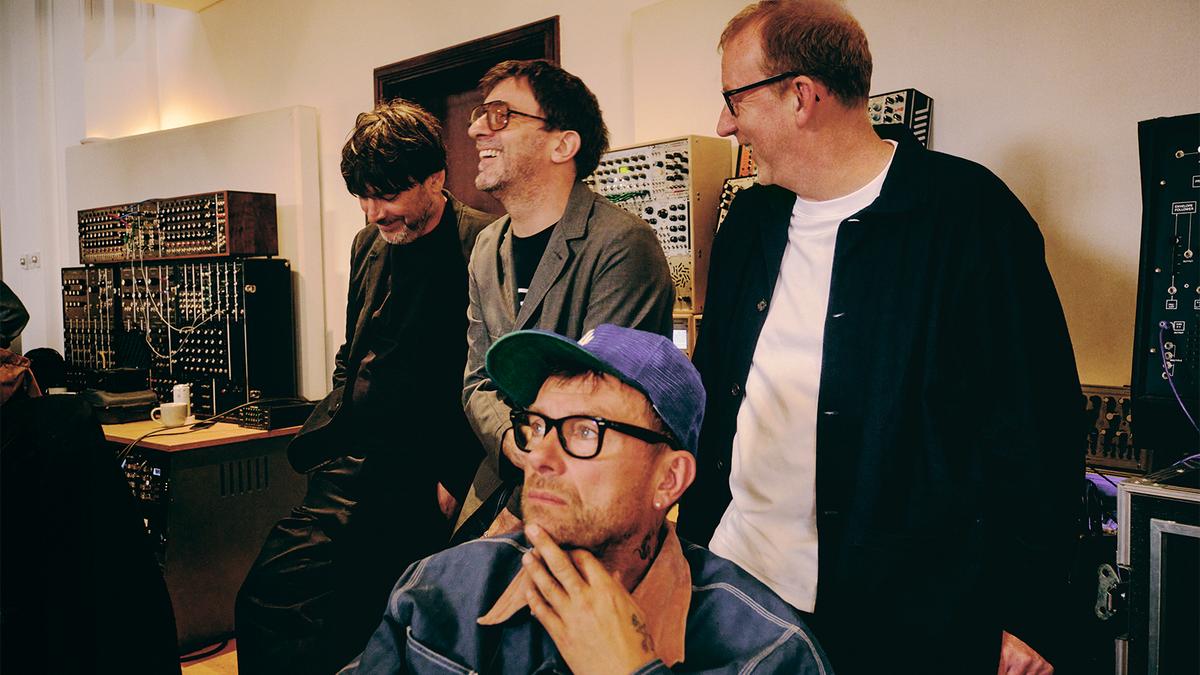The HSBC Spanish film festival opened recently across the country and I was lucky enough to attend the opening night Gala in Sydney. Taking over all 4 screens at the Palace Cinemas in Moore Park, they started the party with endless prosecco, Spanish cocktails, delicious paella, and a lively band that inspired guests to hit the dance floor. It was so much fun the film almost became an afterthought, but eventually the party had to stop as everyone meandered into their respective screens in a suitably Spanish way, well after the advertised starting time.
Directed by Rafa Cortes, Samana Sunrise (Amanece en Samaná in Spanish), is a romantic-comedy based on the play Cancún by Jordi Galcerán. Two married couples, Ale and Santi (Luisa Mayol and Luis Tosar), and Natalia and Mario (Bárbara Santa-Cruz and Luis Zahera), go on holiday in a Dominican resort to celebrate two decades of friendship. The carefree holiday quickly changes when Ale drunkenly confesses to a small deception that led to Santi dating and eventually marrying her instead of his original interest, Natalia. The next morning, Ale wakes up in shock to find Mario in her room and Santi acting as if he’s married to Natalia. The rest of the film (yes, really) is Ale slowly coming to realise her friends truly believe this new reality and are not just playing a lavish prank.



This ‘what if’ alternate reality device was the perfect set-up to explore deeper themes of fate and love, and how small decisions can dramatically impact our own lives and those of the people we care about. To its credit, the film was a lot of fun, and funny, with outstanding performances from the cast, especially Luis Zahera and Luisa Mayol.
The cinematography adequately captured both the beauty of the Samana landscape and the intimacy of the relationships. I’d like to have seen Cortés dive into the deeper themes that were set up so perfectly at the start. Spain has always had an extraordinary film culture, full of talent and inventiveness, so I’m excited to see more of the festival.
The HSBC Spanish Film Festival is on in Sydney until the 9th of July all around Australia. To book tickets to this years Spanish Film Festival (Samana Sunrise), please visit https://spanishfilmfestival.com/.










